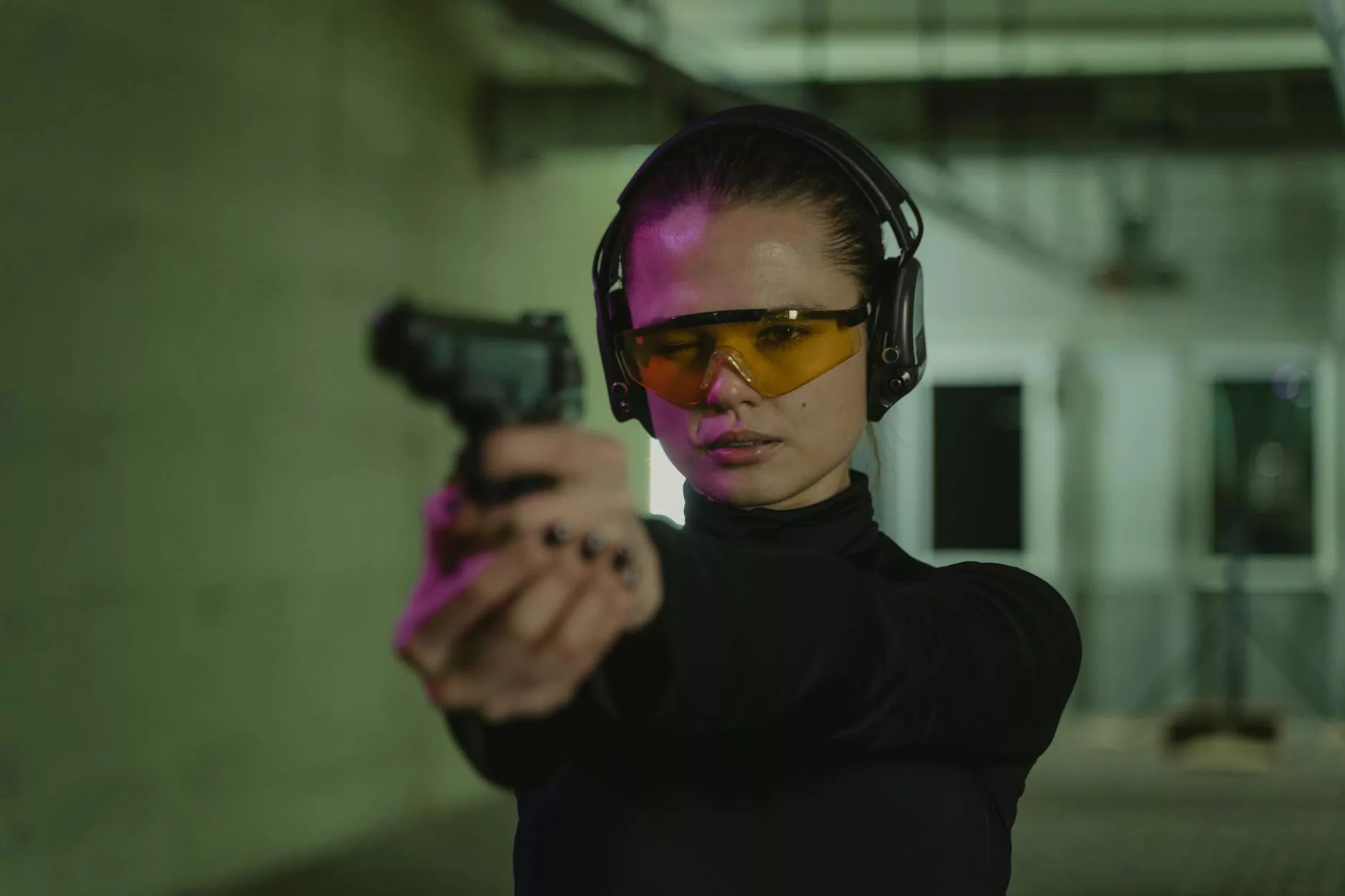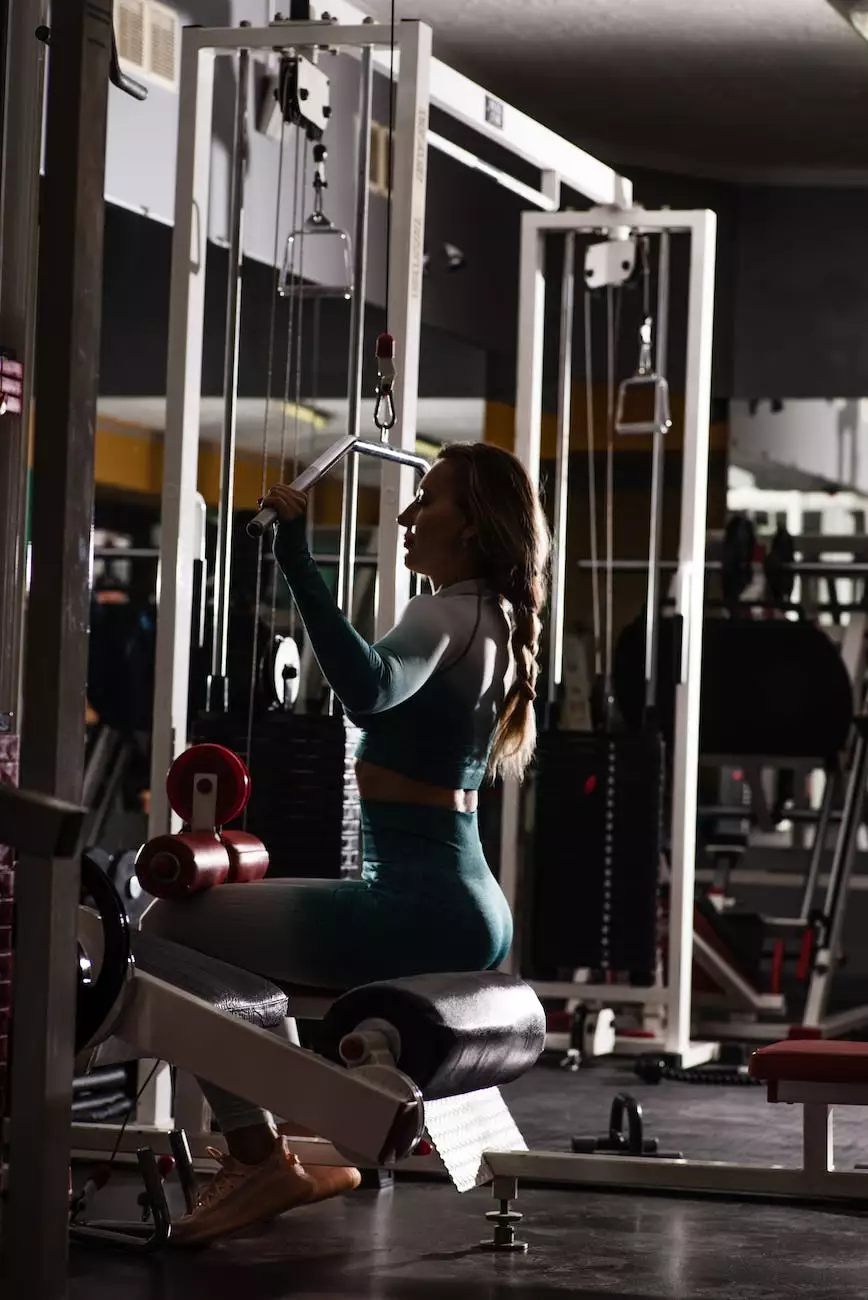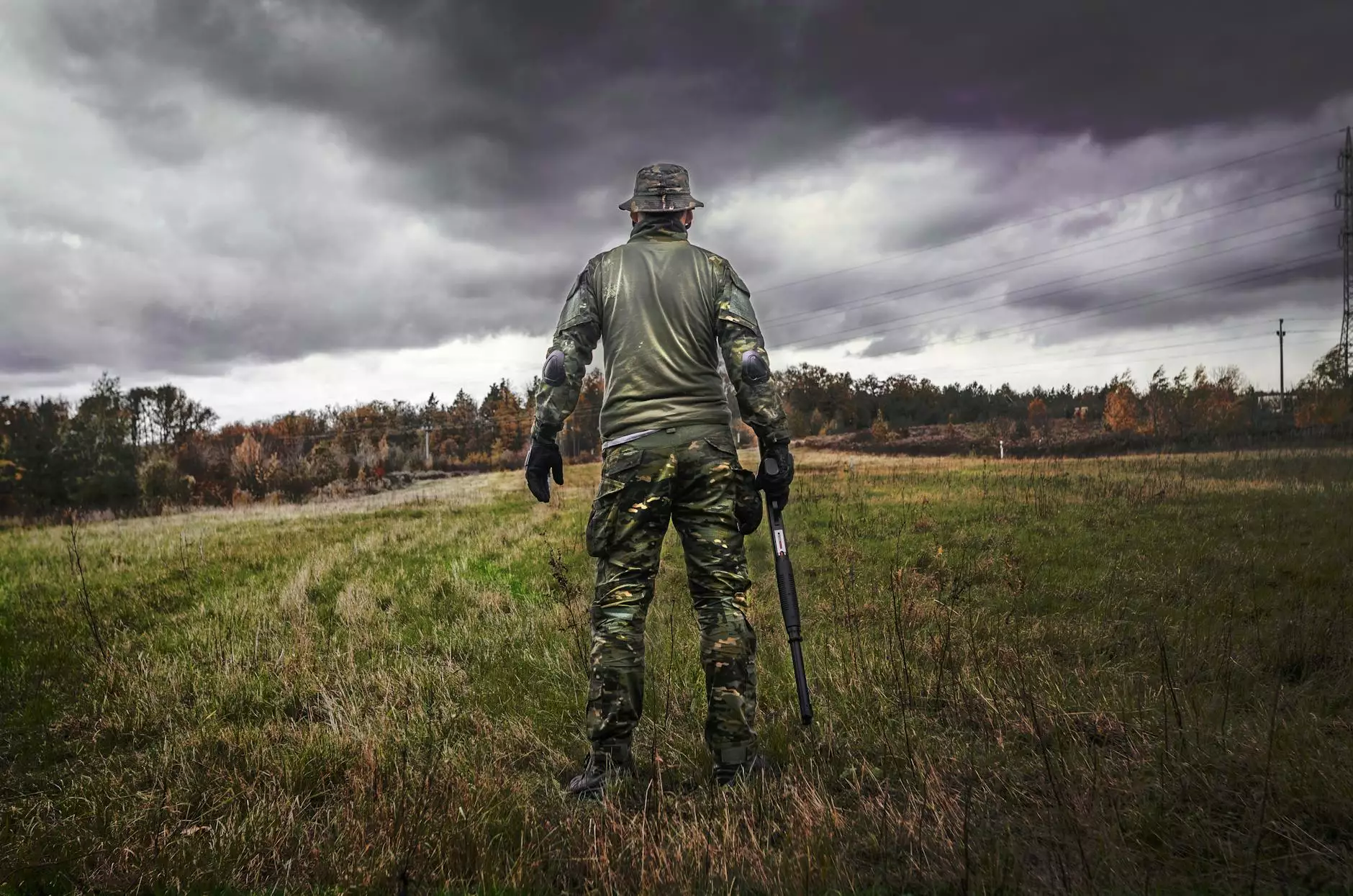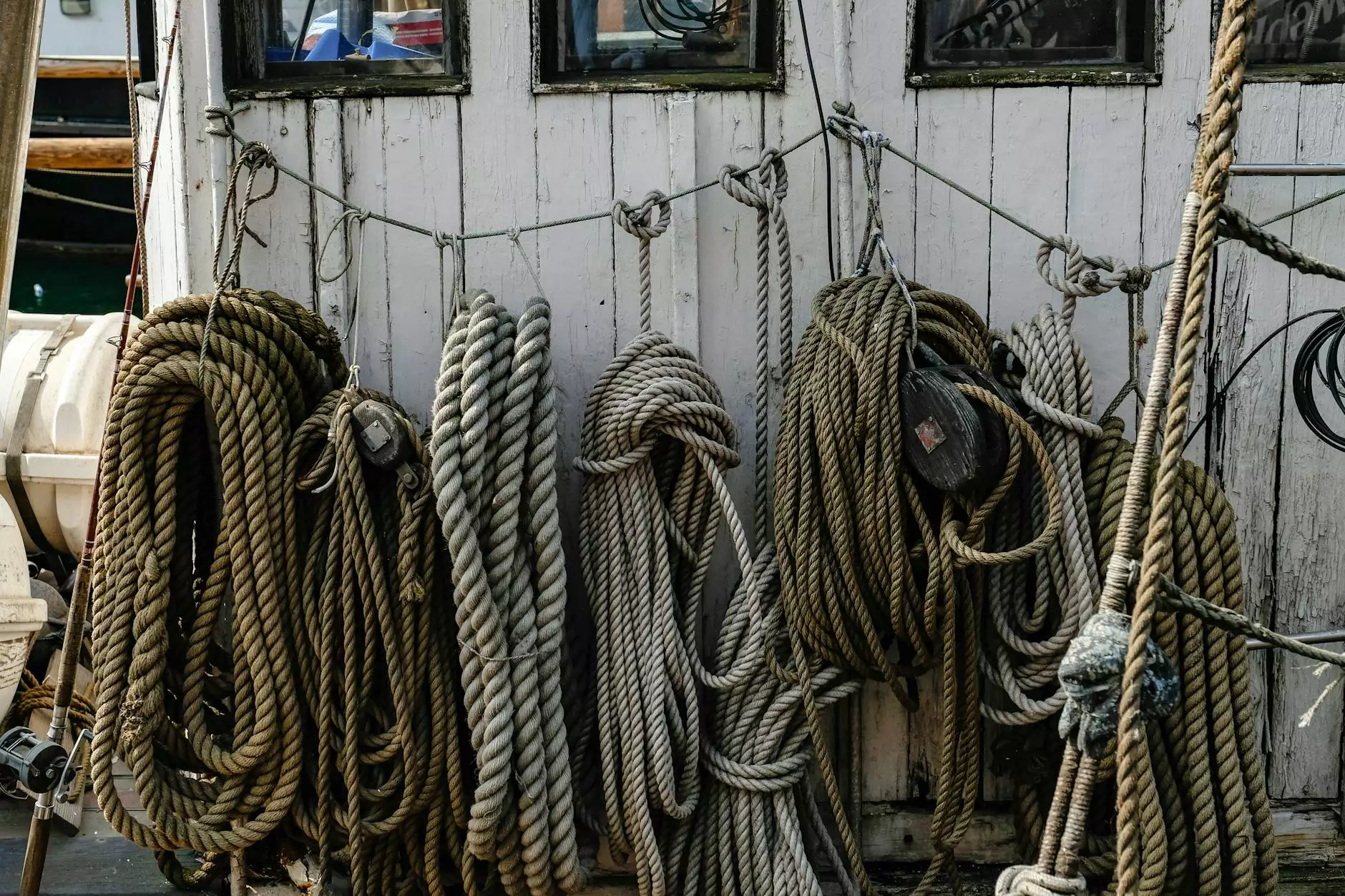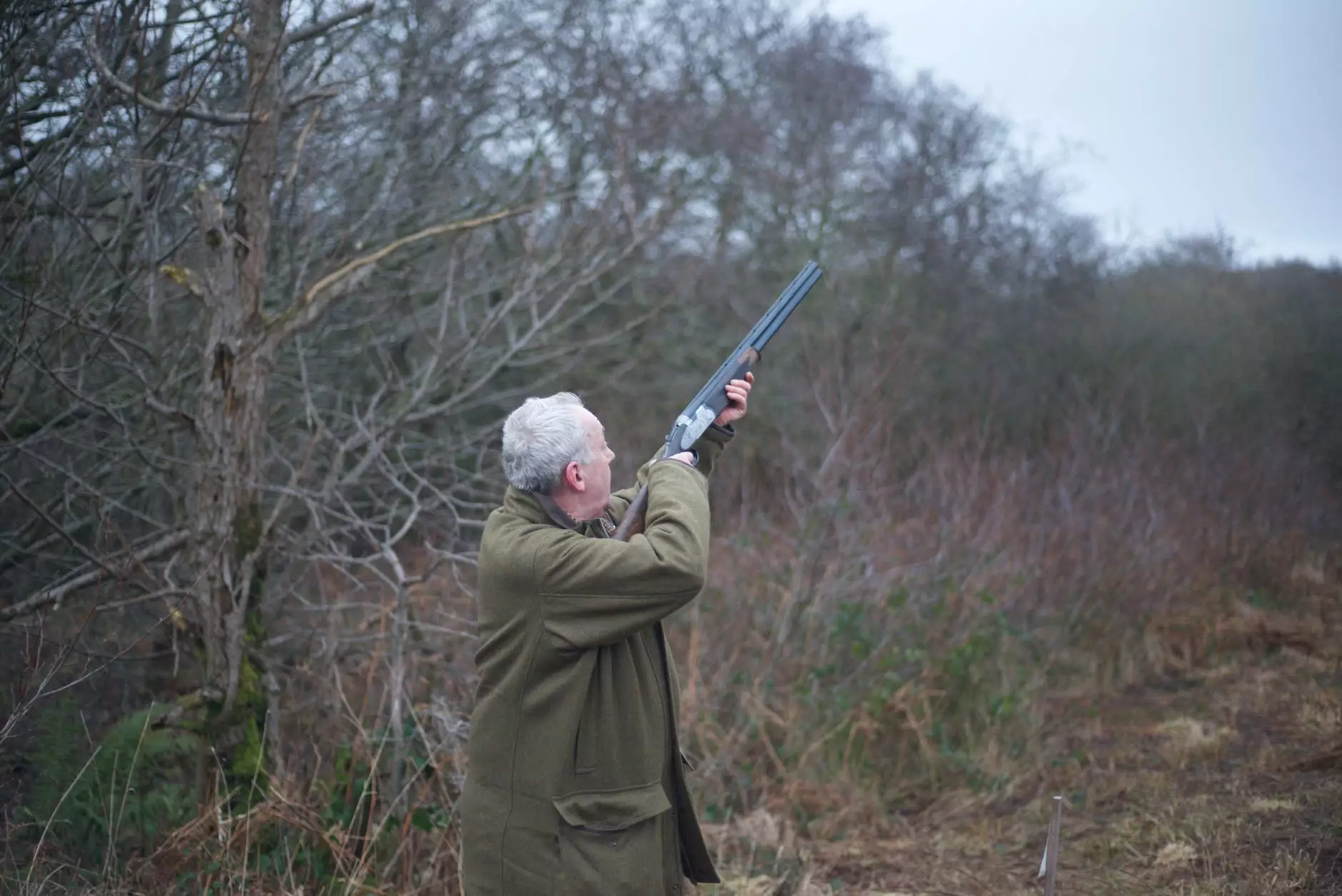Holster FAQ | Frequently Asked Questions About Holsters
Gun Accessories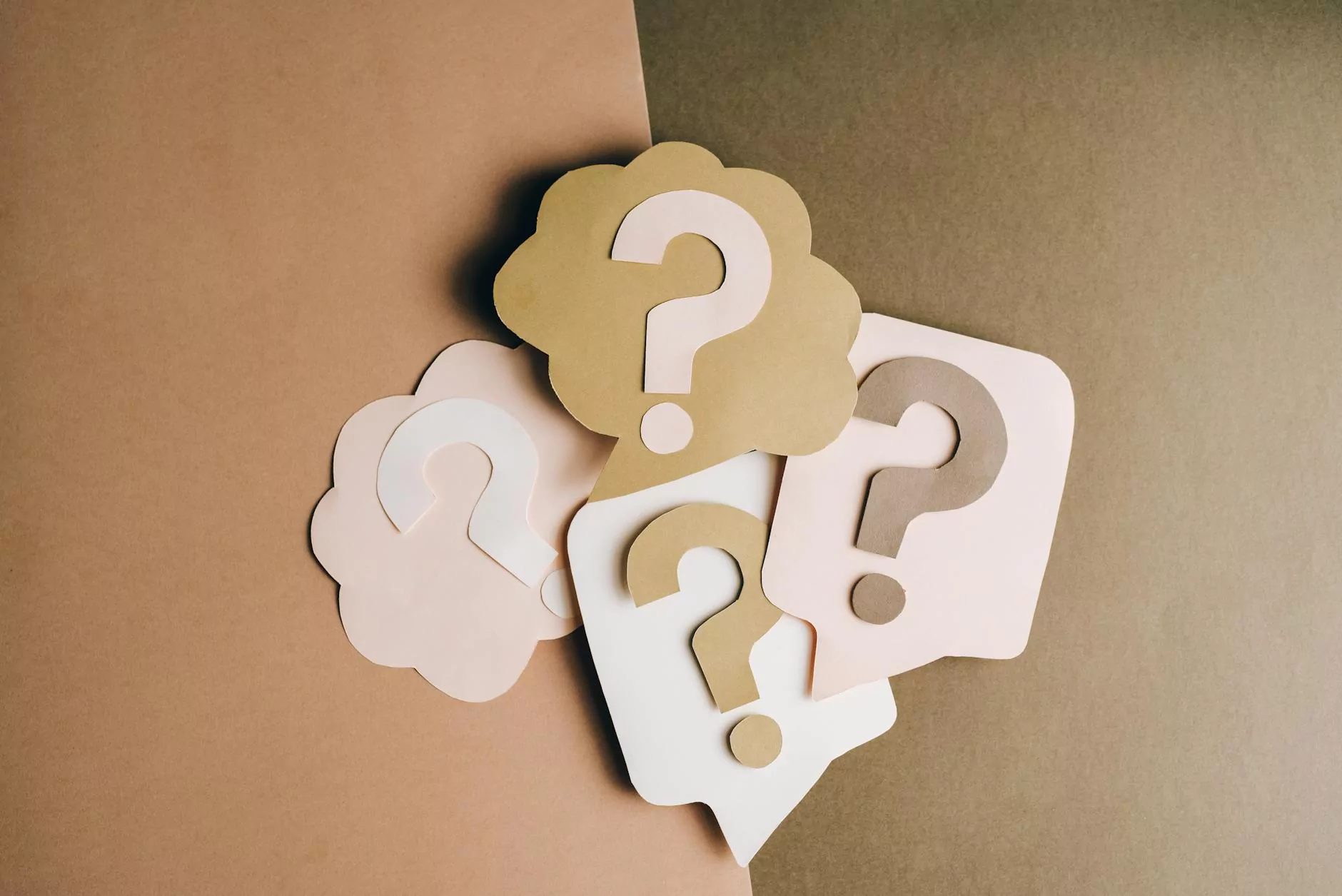
Introduction to Holsters
When it comes to sports such as hunting and shooting, having a reliable holster is crucial. Holsters provide a safe and convenient way to carry firearms, ensuring quick and easy access while keeping them securely in place. In this comprehensive FAQ guide, Lance Keller aims to address the most common questions related to holsters, helping you make informed decisions and enhancing your overall shooting experience.
Choosing the Right Holster
1. What types of holsters are available?
There is a wide range of holsters available, including:
- Inside the Waistband (IWB) Holsters: Worn inside the waistband, these holsters offer excellent concealment.
- Outside the Waistband (OWB) Holsters: Worn outside the waistband, these holsters provide easy access and are suitable for open-carry.
- Shoulder Holsters: Designed to be worn on the shoulder, these holsters offer comfort and quick access.
- Ankle Holsters: Worn around the ankle, these holsters are compact and discreet.
- Pocket Holsters: Designed to fit in your pocket, these holsters are ideal for small firearms.
2. How do I choose the right holster for my firearm?
When selecting a holster, consider factors such as:
- Firearm Type and Size: Ensure that the holster is specifically designed for your firearm model and fits its dimensions perfectly.
- Carry Style: Decide whether you prefer concealed or open-carry and choose a holster accordingly.
- Comfort: Look for holsters with comfortable padding and adjustable straps to ensure a snug fit without compromising comfort.
- Retention: Holsters should have a durable retention system to keep the firearm securely in place while allowing for quick and smooth draw.
Caring for and Maintaining Holsters
1. How do I clean my holster?
To clean your holster, follow these steps:
- Empty the Firearm: Ensure the firearm is unloaded before cleaning the holster.
- Remove the Firearm: Take the firearm out of the holster carefully.
- Spot Cleaning: Use a damp cloth or mild soap solution to gently clean the holster's exterior. Avoid submerging the holster in water.
- Drying: Let the holster air dry completely before re-inserting the firearm.
2. Can holsters be damaged?
Yes, holsters can be damaged over time. Factors such as regular use, exposure to harsh elements, or improper storage can contribute to wear and tear. To ensure the longevity of your holster:
- Follow Manufacturer's Instructions: Adhere to any specific cleaning and maintenance instructions provided by the holster manufacturer.
- Store Properly: When not in use, store your holsters in a cool and dry place away from direct sunlight or extreme temperatures.
- Inspect Regularly: Check your holster for any signs of damage or loose components, such as stitching or retention mechanisms.
Holster Safety
1. Are holsters safe to use?
When used correctly, holsters are generally safe to use. However, it is crucial to follow proper safety practices, such as:
- Trigger Discipline: Ensure your finger is off the trigger and outside the trigger guard until ready to fire.
- Proper Holstering: Always holster your firearm carefully, ensuring it is fully seated and secure.
- Training: Seek professional firearm training to understand how to handle firearms safely and use the holster correctly.
Holster FAQs
1. How can I adjust the retention of my holster?
Retention can usually be adjusted using screws or straps provided by the manufacturer. Consult the holster's manual or contact the manufacturer for specific instructions.
2. Can I use the same holster for different firearm models?
In most cases, holsters are specifically designed for a particular firearm model and may not be compatible with others. It is recommended to use a holster designed for your specific firearm to ensure proper fit and security.
3. Can holsters be worn inside the waistband without discomfort?
With the right holster and proper adjustment, wearing holsters inside the waistband can be comfortable. Experiment with different holsters and carry positions to find the one that suits you best.
4. How often should I replace my holster?
The lifespan of a holster depends on various factors, including material quality and usage frequency. Replace your holster if you notice significant signs of wear, such as loose or frayed stitching, or if it no longer securely holds your firearm.
5. Are holsters legal?
In most jurisdictions, holsters are legal accessories for firearms. However, it is essential to familiarize yourself with local laws and regulations regarding holsters and firearm carry.
With this comprehensive FAQ guide, Lance Keller aims to provide you with the knowledge and insights needed to make informed decisions about holsters. Remember to prioritize safety and always follow recommended guidelines when handling firearms. Whether you are an experienced shooter or a beginner, a well-chosen and well-maintained holster can greatly enhance your shooting experience. Feel free to explore Lance Keller's selection of high-quality holsters and start maximizing your shooting potential today!

